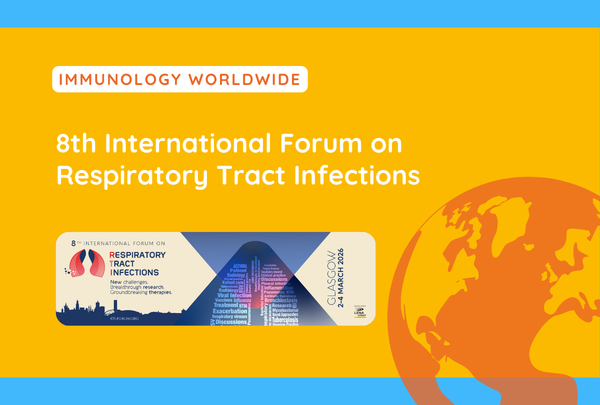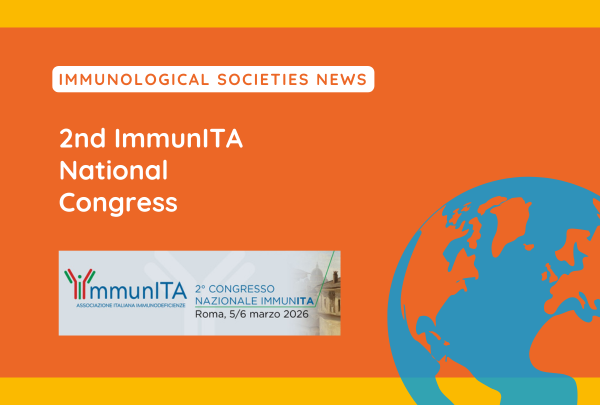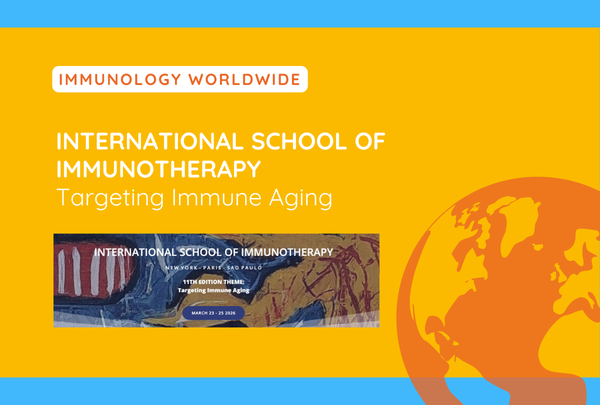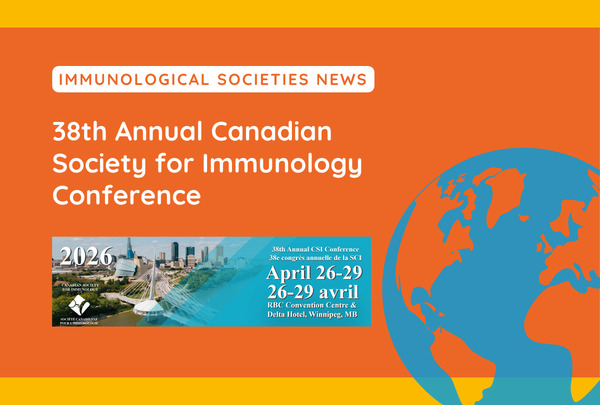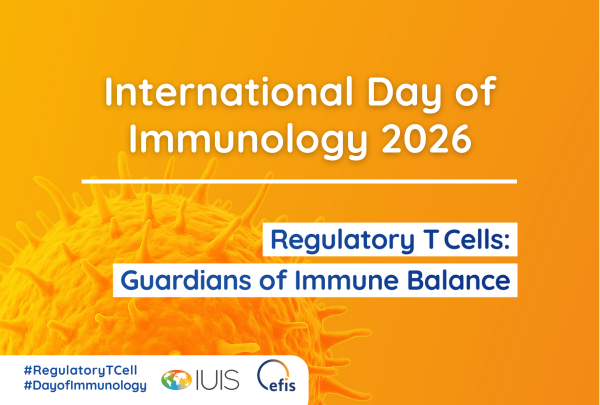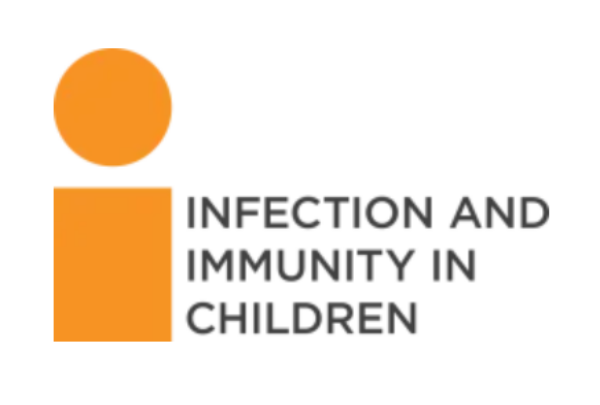Presenter
Dr. Yasmine Belkaid is a Distinguished Investigator at the National Institute of Allergy and Infectious Diseases at the National Institute of Health (Bethesda). She obtained her Master at USTHB in Algeria and her Ph.D. from the Pasteur Institute in France. Following a postdoctoral fellowship at the National Institute of health (Bethesda) on immune regulation during infection, she started her research program at the Children’s Hospital Research Foundation in Cincinnati. In 2005, she joined the National Institute of Allergy and Infectious Diseases (NIAID) and was appointed senior scientist in 2008. Her laboratory explores fundamental mechanisms that regulate tissue homeostasis and host immune responses and uncovered key roles for the microbiota and dietary factors in the control of immunity and protection to pathogens. Dr Belkaid also holds an appointment at the University of Pennsylvania and is the director of the trans NIH Center for Human immunology. She is the founder and Director of the NIAID Microbiome program. Dr Belkaid is a member of the National Academy of Sciences, the American Academy of Arts and Sciences, the National Academy of Medicine and recipient of numerous awards including the Lurie Prize in Biomedical Sciences, the AAI-Thermo Fisher Meritorious Career Award, the Emil von Behring Prize, and the Sanofi-Institut Pasteur Award.
Moderator
Jo-Ann Passmore, PhD, is a Principal Medical Scientist with the National Health Laboratory Services, and Associate Professor in the Division of Medical Virology, Institute for Infectious Diseases and Molecular Medicine, University of Cape Town (UCT). Her research focuses on studying genital tract adaptive and innate immune responses associated with protection from, or susceptibility to, sexually transmitted infections, including HPV and HIV. Her special interests are reproductive tract immunity and STIs/BV, translational approaches to use live biotherapeutics to cure BV, discovery of biomarkers for susceptibility HIV risk, HIV and HPV disease progression and cancer, including the role of secreted inflammatory molecules, genital immune activation and HIV- and HPV-specific immune responses present in the female genital tract in advancing disease pathogenesis.

